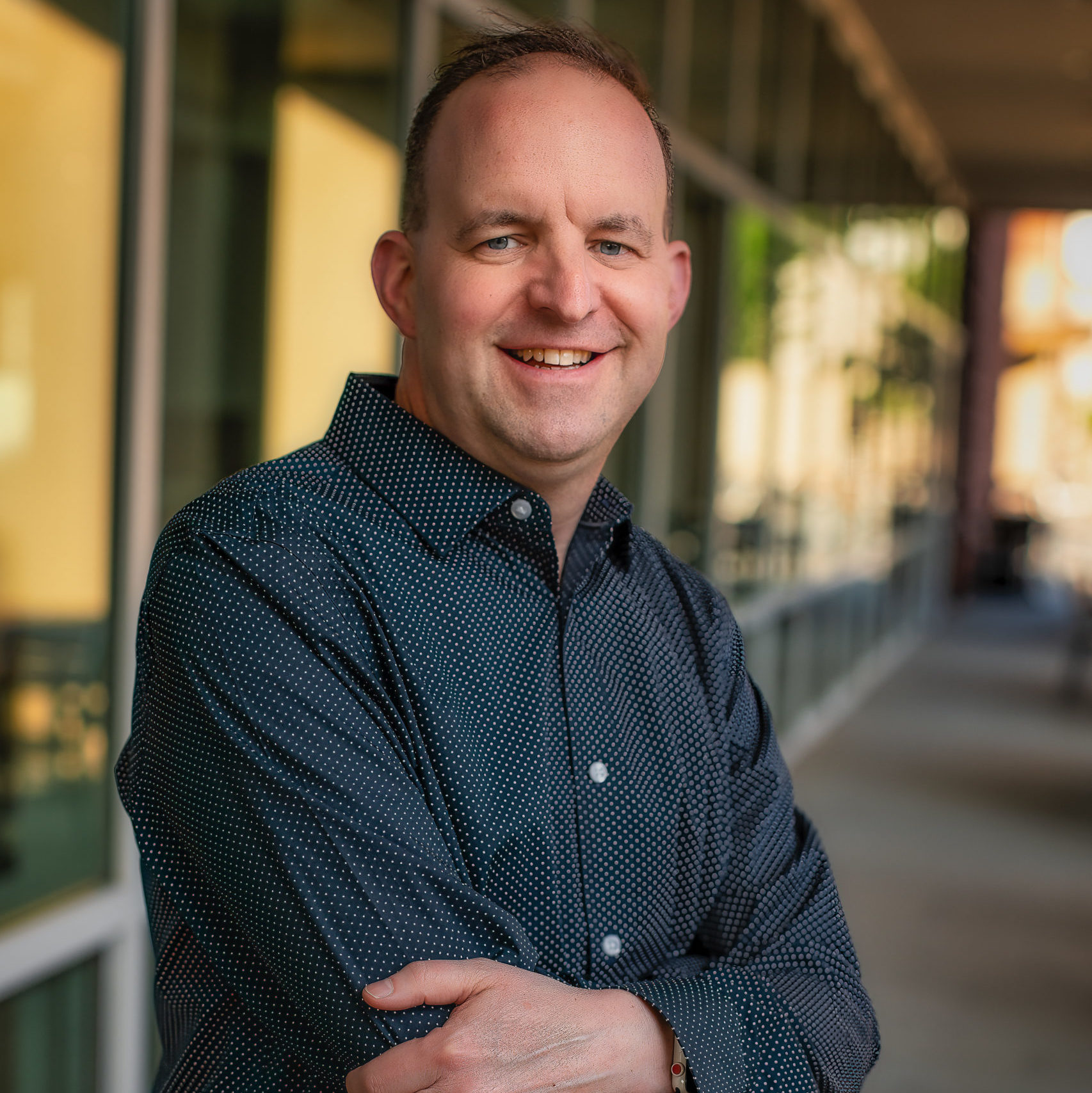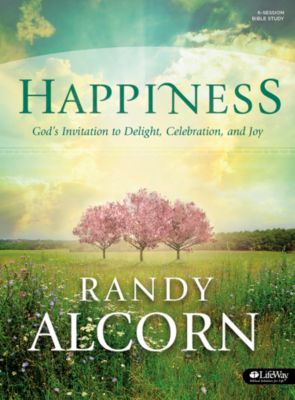
We don’t have a good foundation for godly celebration and struggle to communicate what makes it different than a mere party.
By Chris Hulshof
If you use a calendar (either the app or the old-school paper kind), it probably came preloaded with all the usual holidays. You can expect to find Christmas, Easter, Thanksgiving, Valentine’s Day, and others all marked for you. But other holidays don’t make that calendar.
For example, did you know February 25 is International Sword Swallowers Day? If your name is Joe, there’s a day just for you. March 27 is National Joe Day. If you ever wanted to do something with that lone sock after its mate disappeared in the dryer and went to sock heaven, then May 9 is your day—National Lost Sock Memorial Day.
A quick look at nationaltoday.com will reveal that we don’t lack reasons to throw a party. There are plenty of days for that. However, what we are missing is an understanding of why celebration is important. We don’t have a good foundation for celebration and struggle to define the difference between a party and a celebration. What is the theology behind celebration that is missing from party? There are at least four building blocks that are foundational to a biblical theology of celebration that make it different than a party.
1. Remembrance
When we celebrate, we remember the two sides of our relationship with God. First, we remember who God is to us. Celebration reminds us that God is our Heavenly Father. Second, in celebration we also remember who we are to God. We reflect on the fact that we are sons and daughters of the King. We remember that He calls us His beloved. In remembering these two relationships, we are preaching the gospel to ourselves. In celebration, we are reminded of who He is and whose we are, how that defines or identifies us, and the security in that relationship.
“In celebration, we are reminded of who He is and whose we are, how that defines or identifies us, and the security in that relationship.” — @US_EH Click To TweetRemembering both sides of this relationship is important for our spiritual memory. In celebration, as we reflect on these two elements, they help underscore the presence of God in our lives. In For the Love of God, D.A. Carson writes, “Believers who spend no time reviewing and pondering in their minds what God has done … should not be surprised if they rarely sense that God is near.”
There is a direct relationship between our proactive reflection on who God is to us and who we are to Him and our awareness of His presence in our lives. Why not take time amid your birthday celebration and remember the goodness of God over the past year? How has He protected you, guided you, blessed you? Consider practicing this same type of reflection on your anniversary or the birthday of your children. The more we make our celebrations an opportunity for remembrance and reflection, the more we will come to realize the ongoing presence of God in our lives.
2. Perspective
One of the unfortunate hallmarks of our society is that we continue to find ways to celebrate good things and avoid the recognition of hard things. Social media and soundbites constantly display the highlights of life. It is on rare occasions that we catch a glimpse of the hard and difficult moments of life. We continue to find ways to crop out the sadness. This impacts our perspective of celebration so that we celebrate good things and avoid the hard things.
Like many families, our family knows the pain death can bring. Several years ago, the death of a close family member brought that pain even closer. Yet, as hard as that moment was, we continue to celebrate his life. Each year when the Christmas tree goes up, a ceramic red cardinal (his favorite bird) is the first ornament on the Christmas tree. When that Christmas tree comes down a month or so later, that ceramic red cardinal is the last ornament to come off the tree. In both situations, the conversation reflects on his life, legacy, and impact on our lives. Rather than ignoring hard realities, we have chosen to embrace them.
“One of the unfortunate hallmarks of our society is that we continue to find ways to celebrate good things and avoid the recognition of hard things.” — @US_EH Click To TweetHuman beings are shaped by both joy and sadness. We need to be faithful to celebrate both the good things and the hard things. Yes, God is the giver of all good things (James 1:17), but He is also the one who takes what is planned for evil and uses it for good (Genesis 50:20).
3. Gratitude
Closely connected to the role remembrance plays in celebration is gratitude. Celebration presents us with the opportunity first to reflect on the goodness of God toward us and then to respond with gratitude for His goodness. Consider the way that celebrating the Lord’s table leads to gratitude for the atoning sacrifice of Jesus. A life of gratitude is rooted in a life of remembrance. Together these two building blocks are the solid footing of celebration.
Gratitude and remembrance also present us with teaching moments that utilize celebration. Consider how each of the feasts and festivals in the Old Testament was connected to an event in Israel’s history. To celebrate Passover meant that, the exodus—God’s great Old Testament redemptive event—would be recounted by those present for the celebration. This experiential teaching moment was the catalyst for gratitude.
What would it look like if our yearly celebrations took on this shape? How would a birthday celebration be different if it included a teaching element connected to remembering God’s goodness so that gratitude was a natural outgrowth of this celebration? Grateful people reflect on God’s goodness. Grateful people tell others of God’s goodness. And grateful people celebrate the goodness of God in their lives.
4. Rest
The most significant celebration or festival for the Israelites of the Old Testament was the Sabbath. This weekly celebration was rooted in God’s rest in Genesis 2:1-3. God also mandated rest in the Ten Commandments. The centrality of the Sabbath shaped and influenced the other agricultural festivals of Israel. For Israelites, their three main feasts and festivals (Passover, Pentecost, and Tabernacles) were a continuation of the Sabbath celebration.
To an extent, rest is naturally built into our holiday celebrations. Many people have days like Thanksgiving and Christmas off work. However, there are plenty of other celebrations that get shortchanged because they’re never celebrated with rest.
”Those who fail to celebrate and rest will eventually find themselves exhausted and burned out.” — @US_EH Click To TweetGrowing up, my dad always took my birthday off. Every birthday in our family was an “off day” for my father. I remember the first time he worked on my birthday. I was in my late teens, and he asked me if I minded him working. He prioritized resting from work so that we could celebrate each other’s birthdays.
Neglecting rest as an aspect of celebration turns human beings into human doings. We become so focused on the work in front of us and the task at hand that we lose our bearings and our sense of direction. To neglect celebration is to neglect rest and moves us further down the road to burnout. Indeed, those who fail to celebrate and rest will eventually find themselves exhausted and burned out. We were created with a need to rest. In celebration, we rest.
Celebration is much more than a party. Behind every good celebration are the foundational building blocks of remembrance, perspective, gratitude, and rest. When our celebrations are built on these four building blocks, they have a richness that far surpasses a party.
For permission to republish this article, contact Marissa Postell Sullivan.

Chris Hulshof
Chris is an associate professor and department chair for Liberty University’s School of Divinity where he teaches courses in Old Testament survey, inductive Bible study, and theology of suffering and disability.








